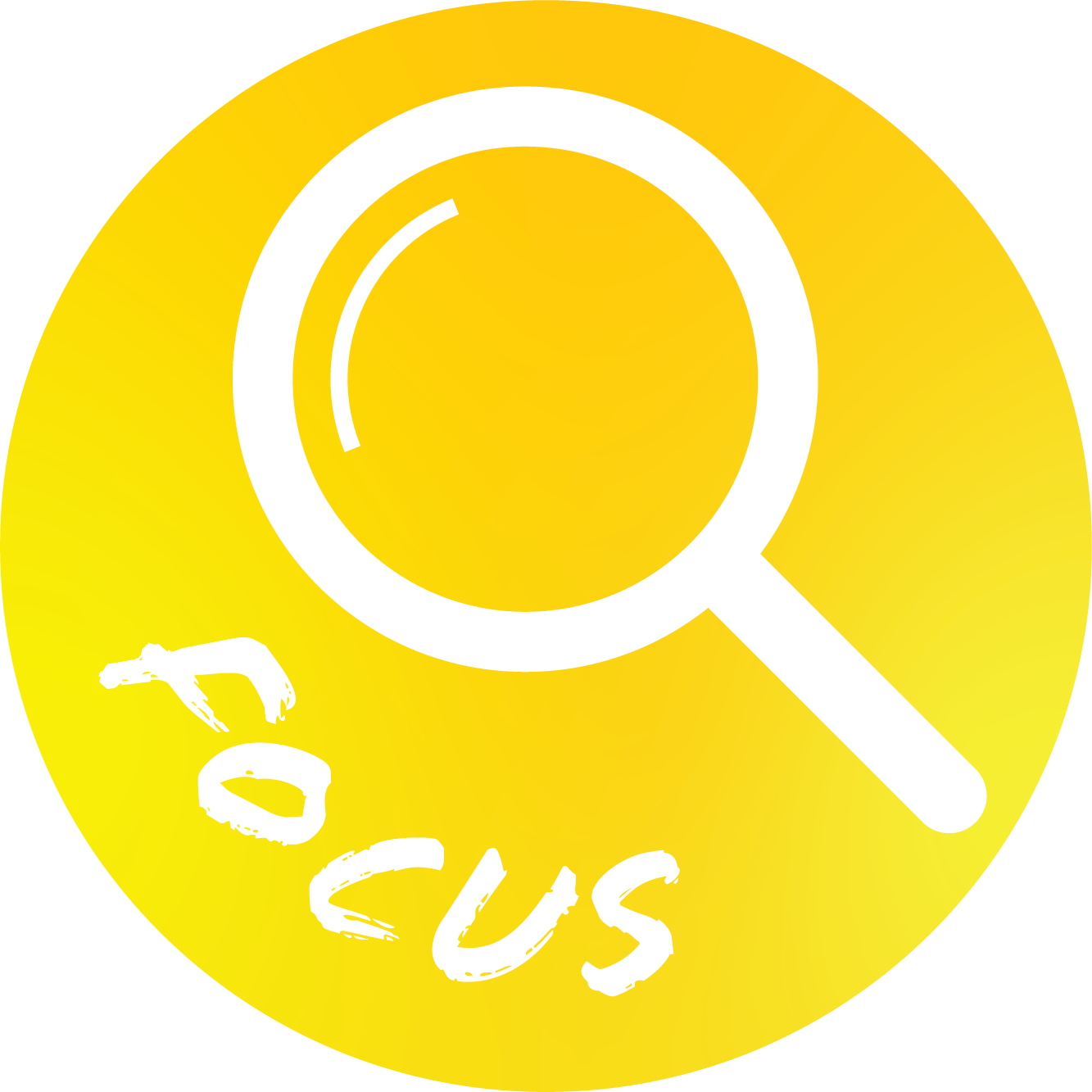|
|
|
Welcome to this month's Wellness Focus – Positive Changes This month, we will highlight the importance of recognising unhealthy habits and taking the first steps to overcome them. Below, we have some great resources from Psychology Today, CSIRO, Diabetes Australia, Healthline, and more. Each resource has been carefully reviewed and handpicked by the Health & Safety team at WHT-S. |
|
Dry July 2024 Dry July is a fundraiser that encourages people to go alcohol-free in July to raise funds for people affected by cancer. The funds raised go towards providing invaluable services for cancer patients, as well as their families and carers. This includes access to a wider range of treatment and therapy programs, and to safe transportation to and from appointments. Funds raised can also go towards providing accommodation for those that need to travel long distances to access treatment. Going alcohol-free for a month also has great health benefits, including better quality of sleep, increased energy and improved concentration. It's not too late to sign up! And while you're at it, why not join and/or donate to the WHT Dry July team?
|
|
Is cutting back more your style? So, you've been thinking about reducing your alcohol intake, but you want to start slow. No worries! Let's start by putting some things in place to get you started and keep you on track. How can you set yourself up for success?
Learn more... |
|
Eating too much processed food? It probably won’t surprise you that one third of Australians’ energy comes from highly processed “junk” foods high in added sugar, salt and/or saturated fat. The Not so Fun Facts:
In Australia, food labelling laws are regulated by the Food Standards Code. Nutrient claims and food labelling can be a bit confusing, making it tough to figure out which products are actually healthy. Even if something is labelled "No Added Sugar," it might still have other ingredients that contain carbohydrates. And guess what? All carbs break down into sugar (glucose) when you eat them, which naturally raises your blood sugar levels. So, it's not as clear-cut as it seems! Learn more... |
|
Why is sleep important? People need between 7-9 hours of sleep every day. It helps to improve learning, memory and emotional function. It also leads to increased creativity, productivity, and concentration. Not getting enough sleep can have some serious consequences. Just one night without sleep can make it harder for you to focus and think clearly, and you might feel tired or sluggish during the day. You're more likely to be cranky and make bad decisions when you haven't had enough sleep, and not getting a proper night's rest can significantly increase your chances of getting into an accident on the road, or at work. Sleep deprivation can also lead to:
The effects of sleep debt can compound quickly, so the sooner you can address sleep difficulties, the better. The good news is, the John Holland Better Sleep Program is available to all JHCPB employees (and their families) for free, and it is completely confidential. What is the Better Sleep Program? I am a shift worker. Is the program suitable for me? How do I find out more, or access the program? Learn more... It's important to note that daytime tiredness or fatigue can also be linked to other |
|
Have a different goal? So maybe you've got a different pesky habit that we haven't mentioned. Changing habits is often difficult, and it's likely that you will face some setbacks along the way – especially if it's a regular habit that was formed a long time ago. Not to fear! Visit Psychology Today to read about the tips and tricks to break up with your bad habits. |
|
NAIDOC Week 2024 This year, National Aboriginals’ and Islanders’ Day Observance Committee (NAIDOC) Week is taking place from the 7th to the 14th of July. The 2024 theme, chosen by the National NAIDOC Committee, is Keep the Fire Burning! Blak, Loud & Proud. For further information and to find out how our project is recognising NAIDOC week, please click here. |
|
Mental Health First Aid Get to know the mental health first aiders in your area. They are a great resource for mental health support. You won't be able to miss them in the bright and colourful Shirts! 📖 Mental Health First Aider Personnel |
|
Mental Health Check In Looking after our mental health is just as important as our physical health. Ejaz is back on site for the new year to conduct face to face check in sessions. Mental Health Check In
Can't make it on the day? Book a check in for next month! |
|
Rozelle Interchange Employee Assistance Program (EAP) The EAP service is free and available to all Rozelle interchange employees and their families, including subcontractors. For more details and information on how to book hit the Gryphon Psychology link below or what our "What to expect from a EAP session" video. 📖 Gryphon Psychology |
Where to get support:
- Employee Assistance Program (EAP) 1800 991 151
- Beyond Blue: 1300 224 636 or beyondblue.org.au
- Lifeline: 13 11 44 or lifeline.org.au
- Our Project Mental Health First Aiders (see link below)
You can check out our Mental Health page here for more information.
If you have any further suggestions, feedback or questions please email: Sophie Bryce
Want to find more tips? Look at our previous wellness focuses.





